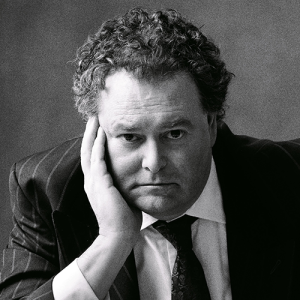
When Donald Trump threatened the BBC with a $1bn lawsuit over its Panorama documentary Trump: A Second Chance?, the move instantly reignited debate about political power, media accountability and the future of press freedom. Trump called the programme “false, defamatory, and inflammatory,” portraying himself as the victim of a malicious broadcaster. But with the UK statute of limitations expired, and Panorama never broadcast in the United States, the threat raised immediate questions about what Trump was truly trying to achieve.
To unpack the legal and political stakes, The Wyoming Star (WS) spoke with Mark Stephens CBE, one of Britain’s most respected media lawyers. Known for his work in high-profile freedom-of-expression, media and human rights cases, Stephens has represented clients ranging from James Hewitt to Julian Assange during his 2010 extradition proceedings. Few legal figures understand better how journalism and political power collide.
WS: Trump’s letter to the BBC uses phrases like “false, defamatory, and inflammatory.” Is this lawsuit a legal strategy or a political performance, or both?
Stephens outlines the simplest obstacle:
The UK 1-year statute of limitations expired on 24 October 2025. So he’s [Trump] out of time for a libel action in the UK. From his point of view, that closes the door entirely on any British case.
Here is how the situation stands in the United States, according to Stephens:
He [Trump] could technically sue in the USA as many states have 2 and 3-year limitations. The problem is that Panorama was not broadcast in the USA and BBC iPlayer isn’t available in the USA. So no publication/broadcast to found a claim to jurisdiction in the USA.
And even if Trump attempted the impossible, Stephens notes the substance collapses immediately:
Even then he [Trump] has problems relating to “substantially true” — 9 USA judges have linked his speech to the insurrection. DC Circuit Court have given litigants the right to sue Trump for inciting violence. Multiple US judicial findings describing the President’s words as “plausible incitement” or a “central cause” of the riots. And DJT was impeached for “incitement to insurrection” and it came close to the Brandenburg threshold for his part in the riots. Didn’t surmount the very high standard.
Stephens concludes that blaming the wreckage of January 6 on a Panorama episode not shown in the United States is “a bit of a stretch.”
WS: Given the BBC’s editing misstep, does Trump actually have a moral (if not legal) point about media accountability, or is this just an extension of his long-running “fake news” crusade?
Stephens acknowledges the BBC’s error:
The President can already characterise BBC as “fake news” and that is probably his only win here. For him, the meaningful remedy is narrow: The BBC need to apologise for the editing error and hang tough on the money.
Stephens also notes why Trump may not want to truly litigate:
Litigation risks in USA might open him up and reopen scrutiny of his role in January 6 so he may as well bank an apology from the BBC and avoid the scrutiny before the BBC gets on the front foot.
And then comes the legal dagger:
[Trump] is the ultimate public figure — and no one is credibly suggesting actual malice by the BBC. In the US, that standard is nearly impossible for public officials to satisfy. Stephens’s implication is clear: legally, Trump has almost no ground.
WS: If this case were somehow litigated in a UK or US court, what precedent would it set for political figures weaponizing defamation laws against journalism?
The President doesn’t have the regulatory leverage over the BBC that he had over e.g. CBS. He could throw the BBC out of the White House press pool. But he’s already lost the case brought by Associated Press for doing that to them.
That leaves little room for political retaliation, and even less for legal intimidation. Any litigation would only shine a harsher light on Trump’s own conduct while strengthening the principle that journalism cannot be chilled by political pressure.
To sum up:
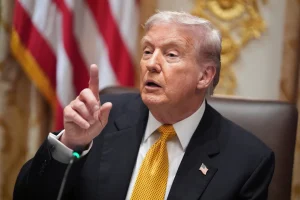
Legally, Trump’s lawsuit is almost certainly dead on arrival. Politically, it serves more as a messaging tool, a way to rile supporters, pressure the BBC into symbolic concessions, and reassert his favourite narrative of media persecution. For the press, the lesson is the same one that has defined the post-truth era: political figures will increasingly reach for defamation threats as weapons, even when the law is not on their side.
What remains is the fragile terrain between public interest journalism and political power, where the fight is less about courts and more about shaping perception. And on that terrain, as Stephens suggests, Trump’s loud accusation may be his only real win.
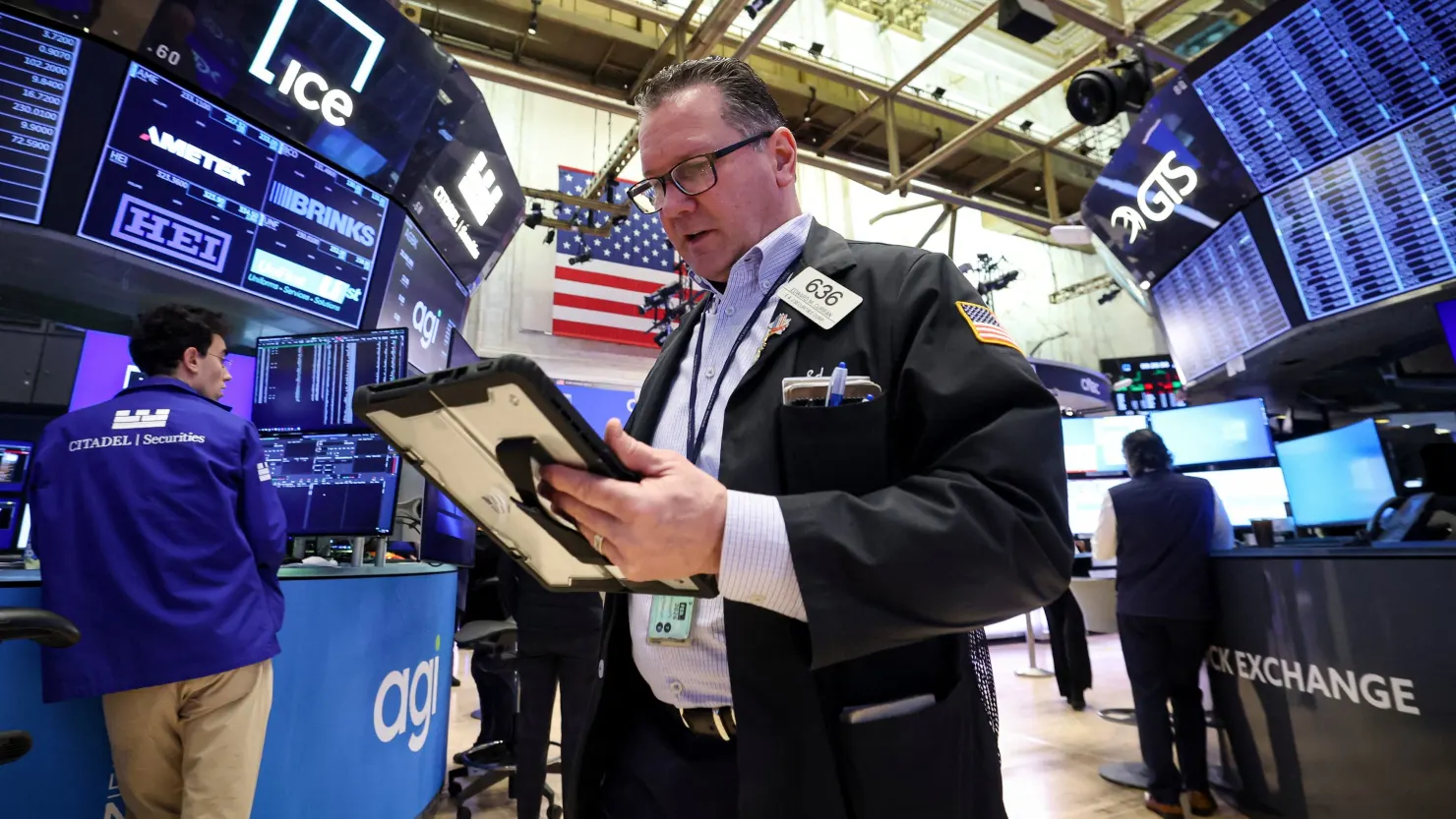
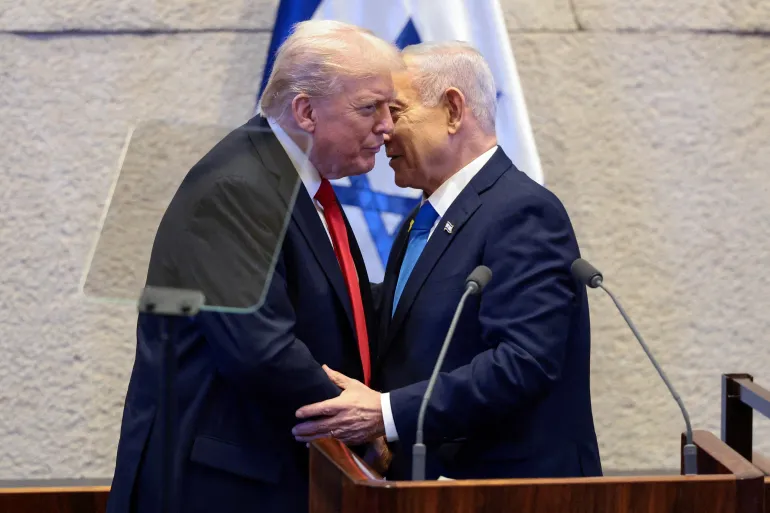
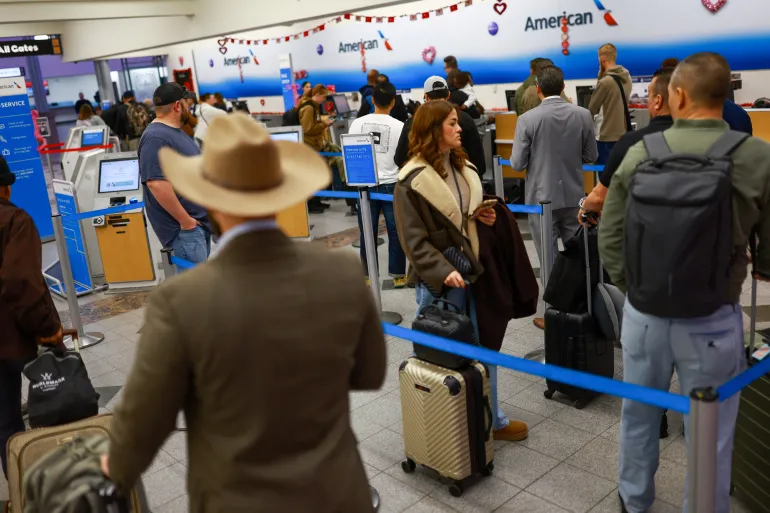
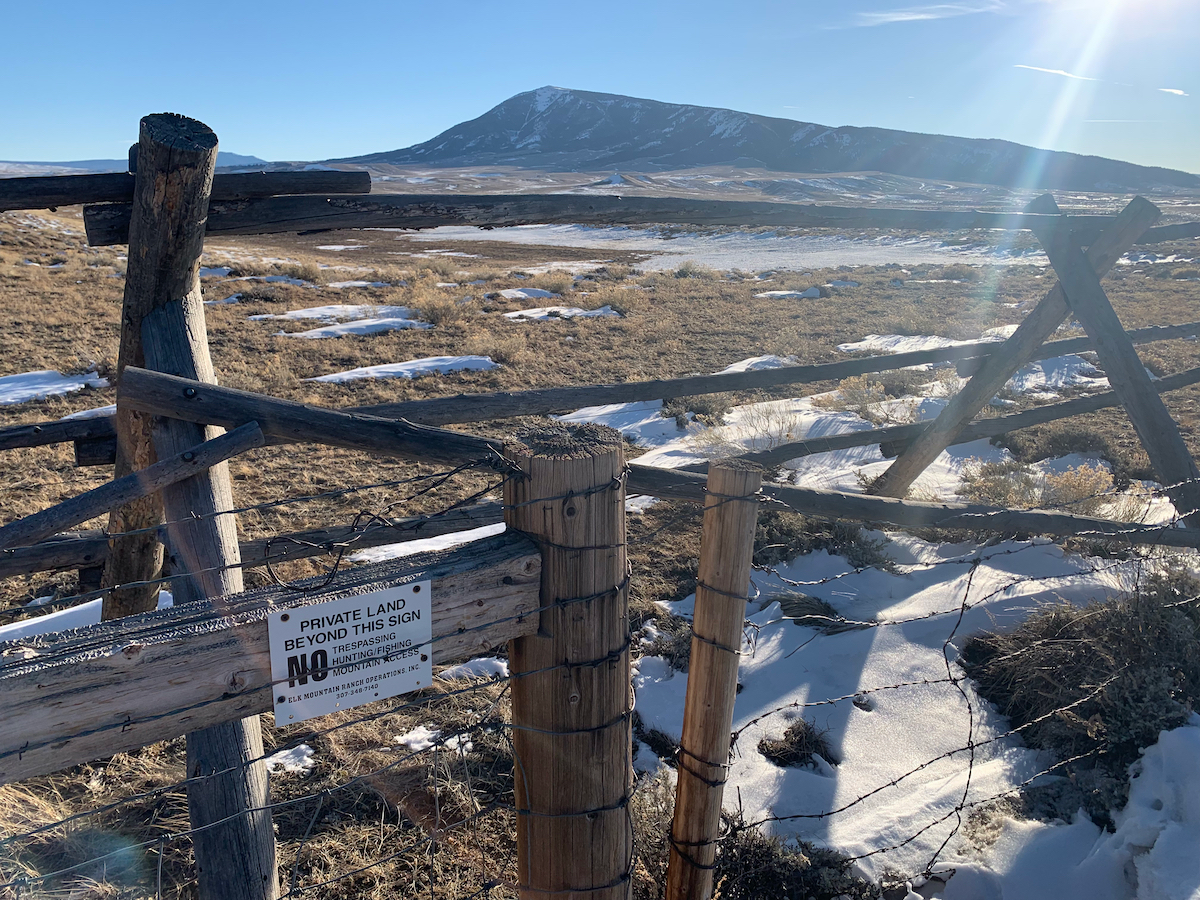
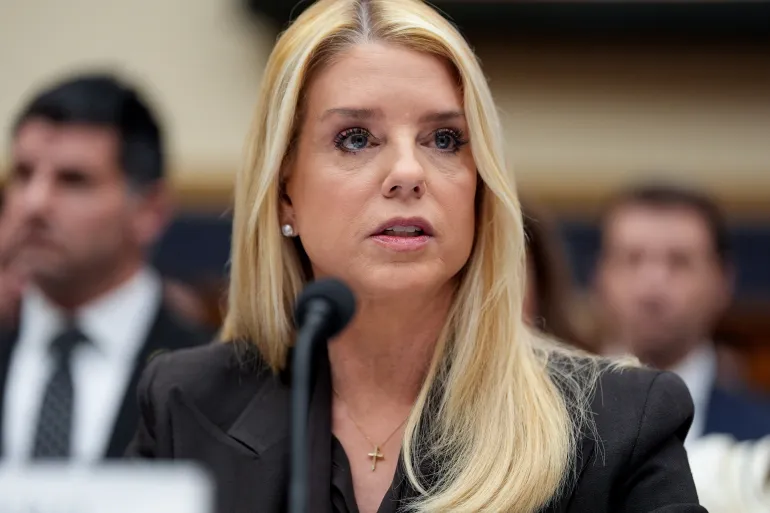
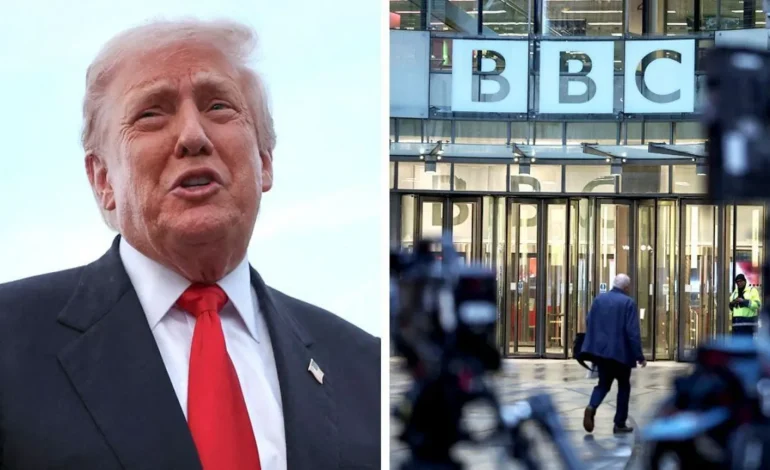




The latest news in your social feeds
Subscribe to our social media platforms to stay tuned